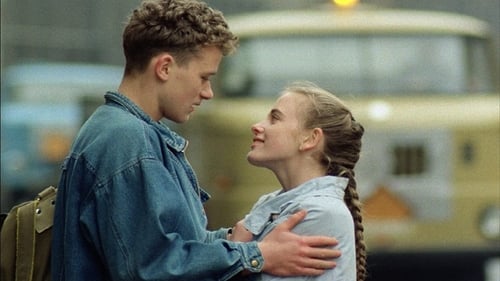
Frank, a tenth grade student, falls in love with his classmate Regine. His father is a well-connected plant manager in the GDR; Regine's mother is a single parent with four children. Regine wants to become a kindergarten teacher, but her grades are poor and she is not allowed to apply for technical college. Frank champions her and seeks an open discussion about these rigid regulations. But his criticism is nipped in the bud.

18-year old Georg and 13-year old Barbara have been playing together as children. Play becomes love later, which leads to a catastrophe , as their parents are hostile leading to file a report to the court, as Barbara is still under age.

Jette and Johannes have been living together for two years when Johannes suggests that they "legalize" their relationship. Jette loves him, but the proposal of marriage terrifies her.
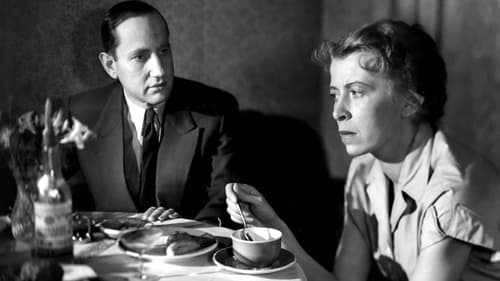
The corner Schönhauser Allee in East Berlin is the main meeting-point for a group of adolescents. Dieter is a construction worker who falls in love with Angela. She, in turn, spends time with the clique whenever her mother is occupied with her new lover. "Kohle" stays away from home to avoid his dad's alcohol problem, and Karl-Heinz is on his way to becoming a small-time criminal. Due to their interest in western music and culture they are regarded as no-goods and rowdies. Things get interesting when an incident forces Dieter and "Kohle" to escape to West Germany. Written by c.winter

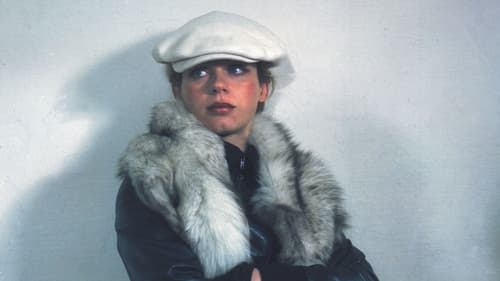
Sunny is the singer of band trying to establish itself in the music-scene of East-Berlin. They play regular gigs in small towns, but Sunny feels out of touch with the audience and her life as a whole. She begins a relationship with the amateur saxophonist and studied philosopher Ralph who writes her a very personal song - but his obsession with death and unfaithful lifestyle is not for her. After getting into a quarrel with a band member who harasses her and telling off a show-host she is thrown out of the band. Abandoned, she struggles to regain control over her life.
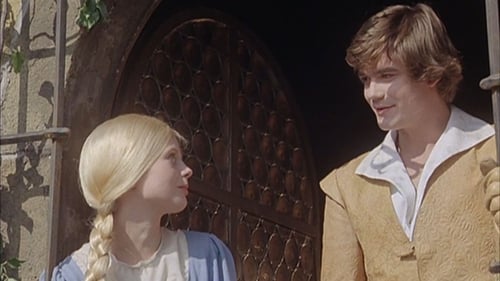
Adaptation of the classic fairytale.

Docudrama about life, career and breakdown of Erich Mielke, the former Security chief of East Germany.
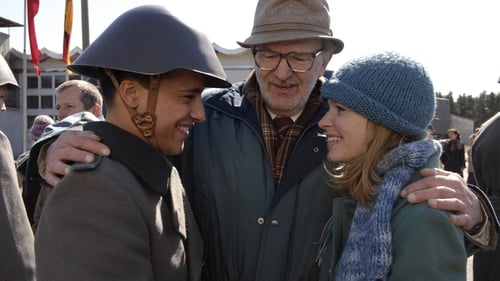
East Germany, 1988: working as a state security service agent, Jürgen Kaiser is loyal to the party line, but worried about his son Marco, a punk. As he is arrested after a concert, Marco is forced to join the army, where he surprisingly identifies with socialism and believes he has to defend his country against the capitalist enemy. While Jürgen is astonished, his wife Hanna and Marco's girlfriend Anja, supporting the civil rights movement, don't like his new attitude...


This first co-production between the GDR and Great Britain is intended to contribute to an understanding of the situation and attitudes of millions of working people in opposing social orders. Using the example of shipyard workers, fishermen, the brigade and family of a trade union active cook and unemployed person of various ages and professions in Newcastle on the one hand and a brigade of crane operators of the Warnowwerft and fishermen of the Warnemünde cooperative on the other hand, insights into the way of life and attitudes of people of our time are to be conveyed.
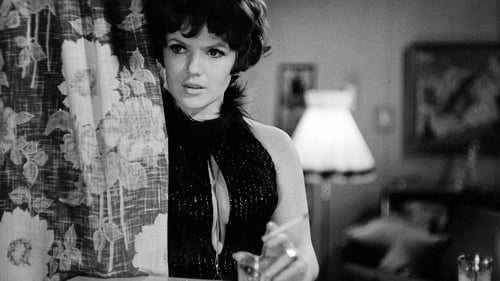

The law student Caroline and the assistant professor Tom are husband and wife, but they keep their marriage a secret. While Caroline is afraid of annoying her mother Hella who ever since her divorce twenty years ago distrusts men in general, Tom dreads the criticism of his professor, a family law specialist who objects to the concept of marriage. By chance, Caroline gets hold of some juicy information: Her mother and the professor used to be a couple and she is their child. With almost missionary zeal she addresses herself to the task of convincing the two grown-ups to get back together. In the process, however, she steers both her academic studies and her own marriage into a crisis.

Mauritius Halbermann, nicknamed "Mauts", works as an advertising manager for Gravo-Druck, a state-owned print company. Mauts, a man obsessed with his work, incessantly percolates with marvelous ideas - and now that he has once again come up with another brilliant idea, he naturally wants to present his proposal to his boss. As it happens, his supervisor along with his entire family and some of Mauts's colleagues - including Lore who Mauts secretly fancies - have gone on a holiday trip.
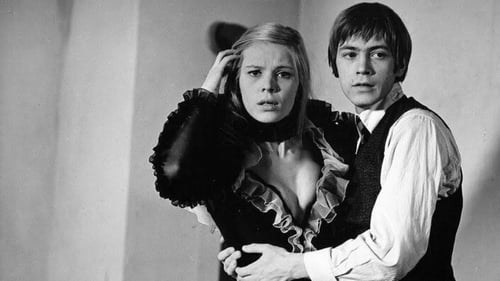
In August of 1914, amidst the public ecstasy surrounding the impending war, Hans Gastl, the young son of a Munich bürger, makes a decision: he will not take part in this war. This resolution signifies a turning point in his life; a farewell to his class and his family.

Jonas and Ines are in love and want to spend their vacation together camping on the Baltic coast. But Ines’s narrow-minded parents intervene and insist that the young couple joins the family vacation. Problems arise, so everyone ends up traveling to the Bulgarian Black Sea on their own. Along the way, Jonas meets a beautiful Dutch girl who is going to India via Turkey…
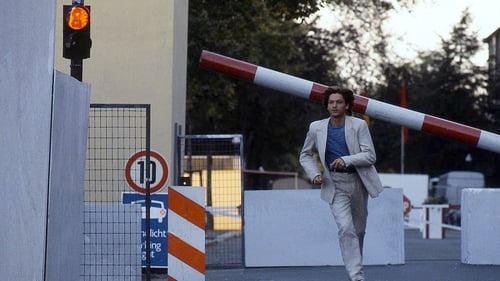
Meier, a paperhanger in East Berlin, inherits from his father in West Berlin. With this money he wants to fulfil himself the dream of his life: a journey around the world. He buys a forged West German passport and pretends to go on a trip to Bulgaria while he really is off to see the free world. When he wants to return to East Berlin he finds himself in an unbelievable predicament and his double life begins. He can't keep away from his East German friends. As with all the best comedies, the action builds up to an eventual crisis. It's a light comedy, which won several national Film Academy Awards. The film is very political, with lots of political jokes/innuendos which only Germans will understand. One is left feeling what a total obscenity that stupid Wall was, dividing one people for 30 years (1-2 Generations) simply by the coincidence on where you just happen to be in the early morning on the 13th August 1961.

This film undertakes a journey into the amazing parallel universe of East Berlin’s fashion designers and experts in the art of survival. For, in the midst of the constraints of life in the GDR, there existed a fantasy world where it was possible to dance to another tune, be individual and even provocative. The most important characteristic of this bohemian scene was one’s per- sonal style. But this certainly wasn’t something that could be bought off the peg in the GDR. In this parallel universe it was up to you to create your own individual image – with your own hands. This film tells the story of the desires, the passion and the dreams that were tried and tested, lived and performed in the shadow of the Berlin Wall.













